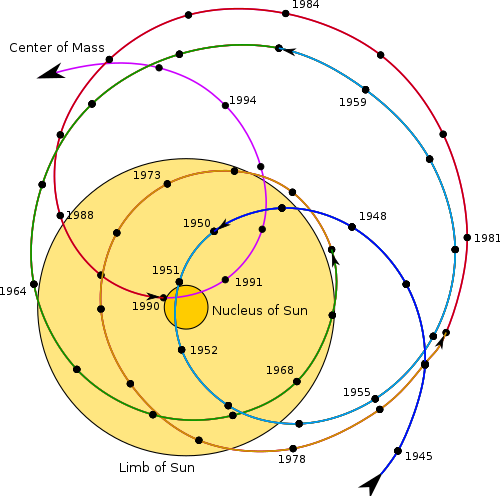A
ahmeeeeeeeeeed
Guest
hello>>
I just ant to ask >> is it sure 100% that the sun doesnot orbit the earth ??
can't we finf later that the opposite is right ?
thanks
I just ant to ask >> is it sure 100% that the sun doesnot orbit the earth ??
can't we finf later that the opposite is right ?
thanks



